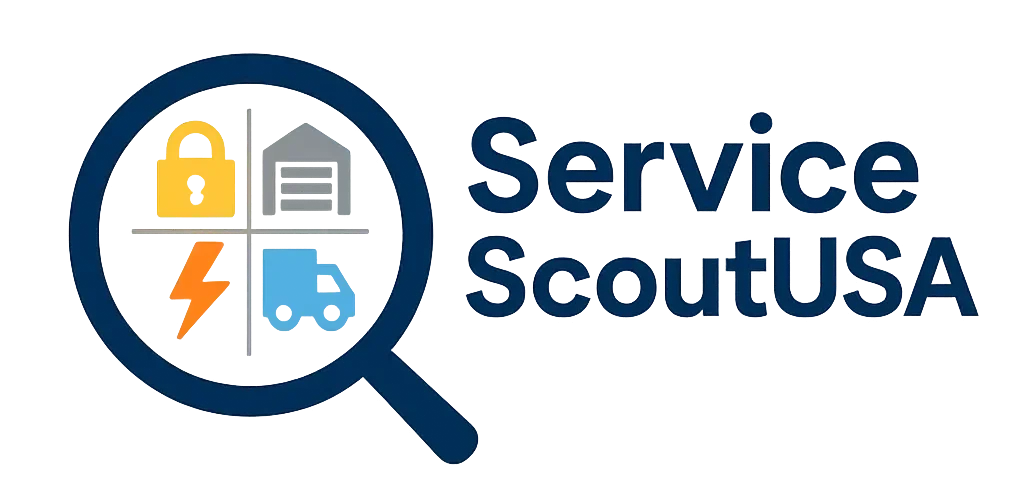Whether you’re dealing with a leaking faucet or a major pipe burst, plumbing issues are one of the most common (and urgent) reasons to call in a professional. But how much does a plumber cost, really? Understanding the factors that influence plumbing rates can help you budget wisely and avoid surprises when the bill comes.
Here’s a complete guide to what plumbers charge, what services typically cost, and how to find the best value in your area.
What Do Plumbers Typically Charge For?
Plumbers typically base their prices on a mix of labor, materials, and job complexity. Here’s a breakdown of the most common charges:
1. Hourly Rate
- Typical Range: $75 – $150 per hour
- High-end Rate: Up to $200/hour in major cities or for master plumbers
Hourly rates are common for jobs where the scope isn’t clearly defined until work begins, such as diagnosing a leak or clearing a tough clog. More experienced plumbers or those with specialized skills often command higher rates. Also, rates tend to be higher in urban areas where demand and cost of living are higher.
Tip: Always ask if travel time is included in the hourly rate or charged separately.
2. Flat Rate Fees
Flat rates are usually offered for straightforward, repeatable tasks. This pricing method gives homeowners more predictability and helps avoid surprises.
Here are common flat-rate services:
- Toilet installation: $150 – $350
Includes removing the old unit, setting the new toilet, and sealing it. - Garbage disposal installation: $200 – $500
Varies depending on complexity, under-sink access, and electrical setup. - Leaky faucet repair: $100 – $250
Includes minor part replacements like washers or cartridges. - Water heater replacement: $800 – $2,500+
Costs depend on tank size, gas vs. electric models, and any necessary code upgrades.
Flat fees often still include a labor and materials component, but bundled into a single line item.
3. Emergency/After-Hours Fees
Plumbing problems don’t always happen during business hours, and plumbers often charge more for calls outside their regular schedule.
- Emergency surcharge: $50 – $200
- Common during nights, weekends, or holidays
These fees compensate the plumber for rearranging their schedule and being on-call. For true emergencies (like burst pipes or sewage backups), paying a premium is often necessary to prevent serious damage.
Tip: If your issue can safely wait until morning, you’ll usually save money.
4. Trip Fees or Minimum Charges
Even small jobs have a minimum cost to account for travel and setup time.
- Typical trip fee/minimum charge: $100 – $200
May include the first hour of labor
If your job only takes 20 minutes (like tightening a loose pipe), you’ll still likely pay the minimum. These charges help cover the plumber’s fuel, tools, and scheduling costs.
Tip: Bundle small repairs into one visit to get the most value out of the minimum charge.
5. Material Costs
Plumbers usually bring their own parts, tools, and fittings—and the cost of these materials is added to your bill.
- Small jobs: $10 – $100 in parts
- Larger repairs/replacements: 10%–30% of total cost may be materials
Materials include:
- Pipes and connectors (PVC, copper, PEX)
- Faucets, valves, flanges, and seals
- Solder, adhesives, and insulation
- Specialty items like sump pumps, disposals, or tankless water heaters
Tip: Ask for a breakdown of labor vs. materials on your estimate to better understand where your money is going.
Real-Life Pricing Examples
🔧 Example 1: Fixing a Leaking Pipe in Tampa, FL
- Issue: A homeowner discovered a leaking copper pipe behind their kitchen wall.
- Service: Emergency call at 8 p.m., pipe section replaced.
- Cost Breakdown:
- Emergency call fee: $125
- Labor (2 hours): $150/hour × 2 = $300
- Materials: $35
- Total: $460
🚽 Example 2: Toilet Installation in Chicago, IL
- Issue: New toilet installation during a bathroom renovation.
- Service: Removal of old unit and full install.
- Cost Breakdown:
- Flat rate for installation: $275
- Hauling away old toilet: $50
- Total: $325
Final Word
Plumbing costs can vary widely, but a good rule of thumb is that you get what you pay for. Cheaper isn’t always better, especially when poor plumbing can lead to expensive water damage. Always check reviews, licenses, and ask for written estimates.
Need a Plumber You Can Trust?
Compare the best local plumbers near you now—get estimates, check credentials, and book with confidence right on our site.
